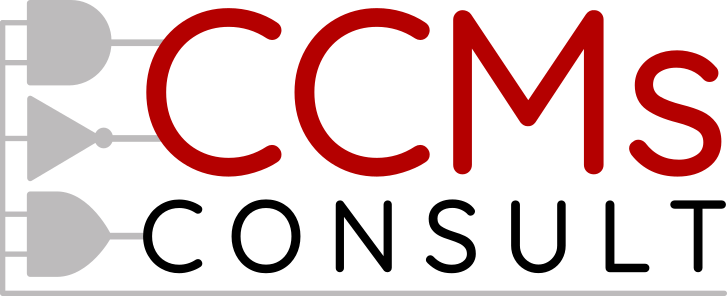Doing a PhD? Writing a grant application? Preparing a scientific article? And you need help in applying configurational comparative methods to your data, in writing a methods section, in getting an expert review or up-to-date methods training?
Don’t waste your precious time and money! Focus on what you are good at, and simply let the experts do the method job for you – professionally and reliably.
The general problem
You are a researcher or a professional from the social, medical or natural sciences? And you have data that need to be analysed? You are an expert in your substantive field (business, education, health, management, psychology, sociology, etc.), but you don’t have enough knowledge of the formal methods of data analysis to apply them in a confident and professional way?
The current solution
In many scientific disciplines, it is still customary at that point to attend expensive and time-consuming methods courses or methods summer schools to attain a basic level of knowledge. However, even at the end of such a course or a series of courses, the level of knowledge is still far away from what it should be. Over many years of reviewing manuscripts for dozens of scientific journals from many different disciplines, we have come to the conclusion that this current solution mainly produces piles of low-quality applications.
The result
Often, otherwise well-conceived manuscripts either do not make it through peer-review or – if they make it through to final publication – may end up as yet another study that gets criticized by some other expert. It is not for nothing that almost all disciplines of science have faced a huge replication crisis in recent years, and meta analyses that demonstrate a low general level of methodological rigour and competence continue to shake scientific foundations (e.g., Ai and Norton 2003, Baker 2016, Braumoeller 2004, Gigerenzer 2018, Nuzzo 2014, Thiem et al. 2020). Ultimately, this leads to an incredible waste of resources and to the loss of public trust in science.
Our solution
There is a very good reason why you call a tiler for a tiling job: a division of labour and the concentration on things we are good at ensures the best possible outcome for both sides. Why should this be different in science?! So why take the time, effort and costs to attend a method course if there are experts that can do the job at a higher level of quality, in considerably less time, and at lower overall costs? We have more than 10 years of experience in developing, applying, publishing, reviewing, teaching and consulting on configurational comparative methods. You can concentrate on your substantive topic, because this is what you are good at, and we make sure your data are analysed in the most professional way. This meaningful division of labour ensures that you get the highest-quality product out of your research!
What we offer
Analyses
You have the data and need someone to analyse these in the most professional way? We are your partner!
Teaching
You or your team want to build up method competencies in configurational methodology? We are your partner!
Reviews
You have already worked with configurational methods and would like to have experts review your work to make it as solid as possible? We are your partner!
No matter what you are in need of with regard to configurational methodology – we have the competence to provide it! Simply drop us a message, tell us about your specific problem, and we will get back to you with a possible solution.
References
- Ai, Chunrong & Edward C. Norton. 2003. „Interaction terms in logit and probit models.“ Economics Letters 80 (1):123-9. Link
- Baker, Monya. 2016. „Is there a reproducibility crisis?“ Nature 533 (7604):452-5. Link
- Braumoeller, Bear F. 2004. „Hypothesis testing and multiplicative interaction terms.“ International Organization 58 (4):807-20. Link
- Gigerenzer, Gerd. 2018. „Statistical rituals: The replication delusion and how we got there.“ Advances in Methods and Practices in Psychological Science 1 (2):198-218. Link
- Nuzzo, Regina. 2014. „Statistical errors.“ Nature 506 (7487):150-2. Link
- Thiem, Alrik, Lusine Mkrtchyan, Tim Haesebrouck & David Sanchez. 2020. „Algorithmic bias in social research: A meta-analysis.“ PLOS ONE 15 (6):e0233625. Link
